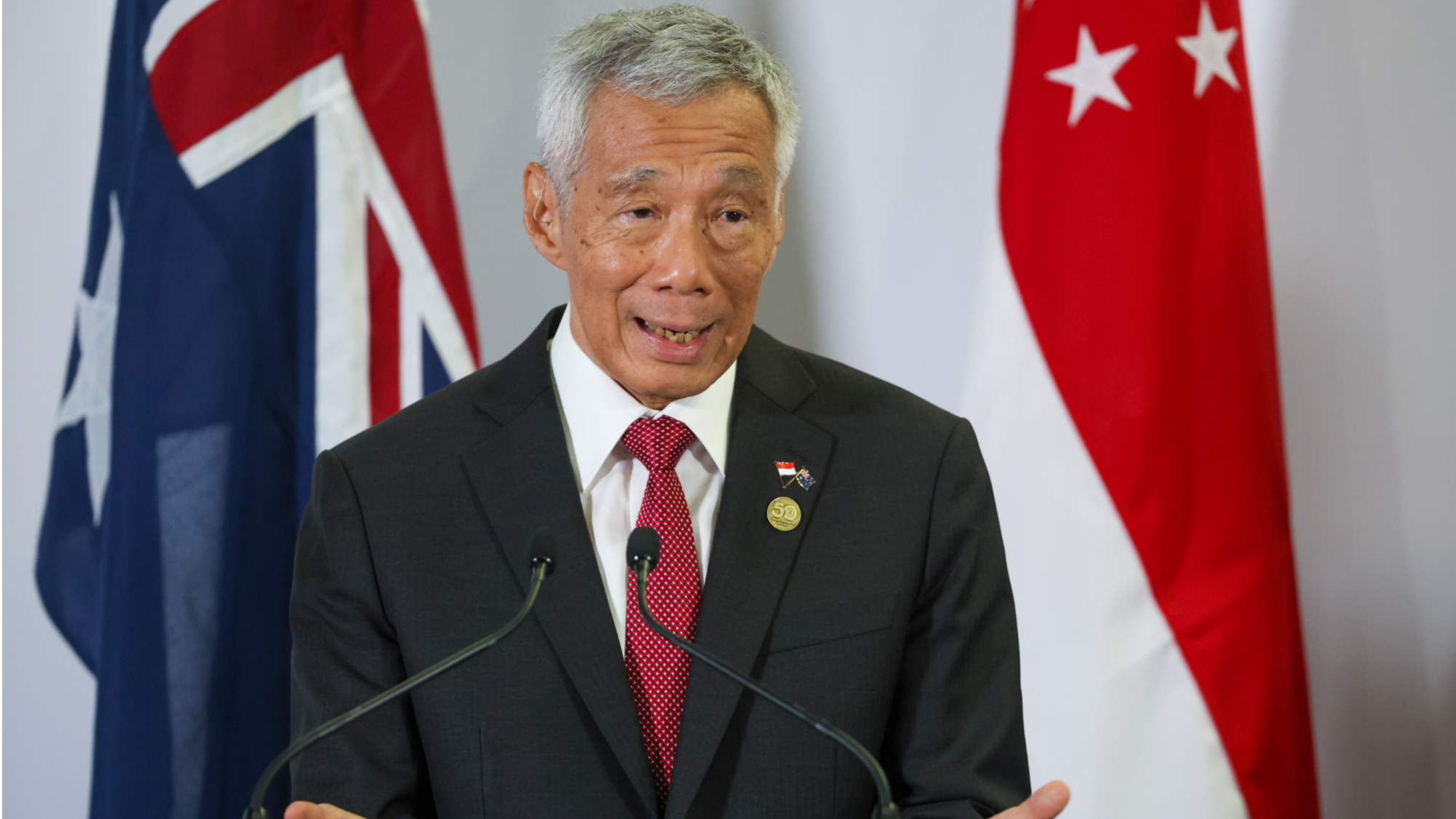
SINGAPORE — Singaporean Prime Minister Lee Hsien Loong will take on the role of senior minister in the new cabinet, Deputy Prime Minister Lawrence Wong told local media Tuesday.
Lawrence Wong also noted that he expects existing cabinet members to remain in their current portfolios despite some marginal adjustments.
Lee Hsien Loong announced Monday that he will hand over power to his successor Lawrence Wong on May 15.
Wong is expected to provide policy continuity as he leads the country’s fourth-generation leadership team (4G team), analysts say
Wong is expected to provide policy continuity as he leads the country’s fourth-generation leadership team (4G team), analysts say.
However, they added that Wong may also need to rethink Singapore’s economic and foreign policies as the city-state is facing domestic and external challenges including the rising cost of living and the changing international scenarios.
Lee’s announcement did not surprise observers as he had said as early as November last year that he would hand over the leadership of the ruling People's Action Party (PAP) to Wong within 12 months.
Bilveer Singh, an associate professor of political science at the National University of Singapore, said Singapore is a “very conservative country”. “We believe in continuity. The political culture here is ‘if it ain’t broke, why fix it’,” Singh said, noting that the PAP has been in power for 60 years.
Alicia Garcia-Herrero, chief economist for Asia Pacific at French investment bank Natixis, said Wong’s appointment is “positively received”, especially when viewed in terms of meritocracy in Singapore.
But she noted that Singapore is also going through some difficulties like rising inflation and higher property prices. “The new leadership will need to rethink Singapore’s (economic) model,” Garcia-Herrero said.
Garcia-Herrero said that Singapore may also need to get closer to member-states of the Association of Southeast Asian Nations (ASEAN), especially with its closest neighbors Malaysia and Indonesia.
Mustafa Izzuddin, a senior international affairs analyst at Solaris Strategies Singapore, said Wong’s appointment means Singapore will have “a safe and steady pair of hands” that can navigate the country through “turbulent geopolitical waters while keeping the domestic social compact intact”.
He said Wong is respected in the ASEAN region and a distinguishable figure in the countries that matter greatly to Singapore: China, India and the US.
In a message posted his social media account, Lee asked all Singaporeans to give Wong and his team their “full support and work with them to create a brighter future for Singapore”
James Chin, a professor of Asian Studies at the University of Tasmania in Australia, said the biggest challenge to Singapore in the coming years is a “rising China and the resurgence of the West trying to stop China”. Chin said this has a huge impact on Singapore as it always tries to balance its relations between China and the US.
In a message posted his social media account, Lee asked all Singaporeans to give Wong and his team their “full support and work with them to create a brighter future for Singapore”. Wong said he is “honored to be asked to undertake this new responsibility” and that he is accepting this responsibility “with humility and a deep sense of duty”.
Lee, 72, is the eldest son of Singapore’s founding prime minister Lee Kuan Yew, who is widely credited for the country’s transformation into an industrialized nation. Lee Hsien Loong had planned for a leadership transfer before his 70th birthday, but postponed the move because of the COVID-19 pandemic.
Mustafa of Solaris said that while Singapore’s system of governance is unlikely to change, Wong’s leadership style may deviate from his predecessor. He expects Wong to be “more attuned” to the younger generation of Singaporeans.
In October 2023, Wong launched The Forward Singapore road map which aims to create a more equitable and thriving Singapore under the 4G team’s leadership. Wong said then that the "Singapore Dream" has gone beyond attaining material success, with Singaporeans also aspiring for "fulfillment, meaning and purpose in what we do".


